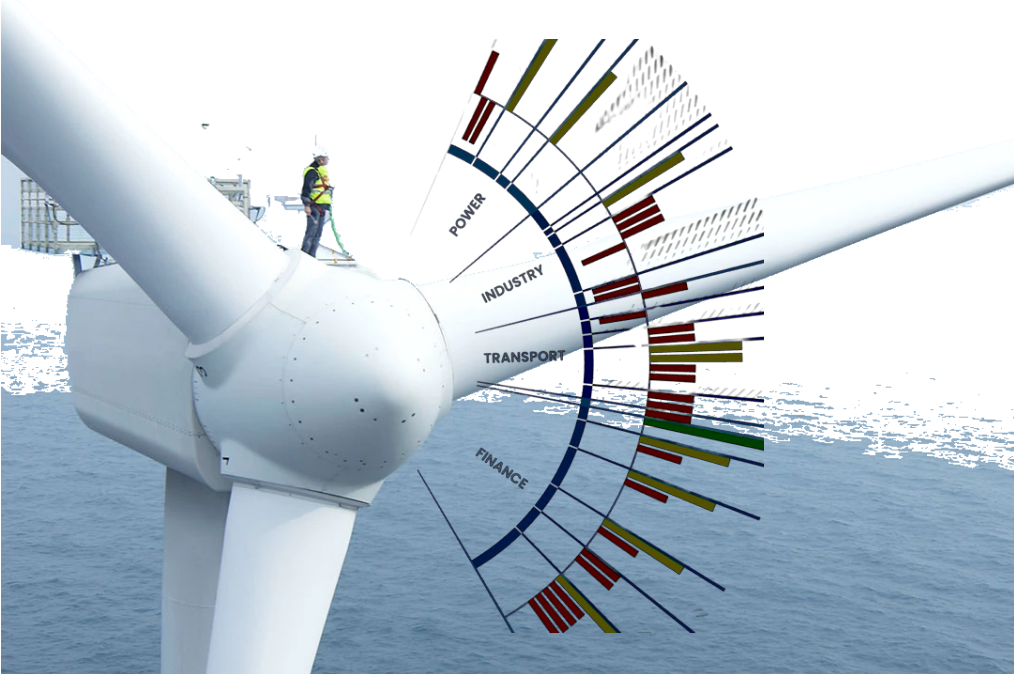
A report released by Climate Analytics has sent ripples through the logistics, Supply Chain, and energy sectors, highlighting the staggering $2 trillion per year needed to triple global renewables by 2030. This ambitious goal, agreed upon at COP28, necessitates an investment of $8 trillion for new renewables and an additional $4 trillion for grid and storage infrastructure.
According to Dr. Neil Grant, lead author of the report, the $2 trillion annual investment is not merely a cost but a crucial choice. Grant emphasizes that redirecting a portion of the over $6 trillion slated for fossil fuel investment towards renewables presents the safest and most valuable option.
The report underscores the urgent need for action across different regions to meet the tripling goal. Sub-Saharan Africa, in particular, faces the monumental task of scaling renewable capacity by a factor of seven, doubling the global average. The OECD, although forecasted to double its renewables by 2030, must triple its efforts to align with global targets.
Claire Fyson, Head of Policy at Climate Analytics, calls upon countries claiming to be climate leaders to back their rhetoric with action. Fyson stresses the importance of not only ramping up renewables domestically but also providing financial support to regions in need.
Asia emerges as a beacon of progress, with the region poised to quadruple its renewable capacity by the decade’s end, largely fueled by ambitious policies in China and India. However, the report warns against the proliferation of new fossil fuel plants, advocating for a steadfast transition to renewables.
Bruce Douglas, CEO of the Global Renewables Alliance, emphasizes the pivotal role of governments in accelerating the transition to renewables. Douglas highlights the necessity of public finance, particularly international support, to facilitate access to low-cost capital for emerging markets.
Petrus Bouwhuis, President & CEO of the XELLZ Group, emphasized that this would have a significant impact on the logistics industry as a whole. The need for efficient transport equipment, such as the ReelFrame for ground cables, IT technology, and the integration of AI to optimize logistics flows, will prove to be crucial.
Looking beyond 2030, the report stresses the need for sustained growth in renewables to limit global warming to 1.5°C. As governments formulate their targets for 2035, they are urged to uphold the commitment made at COP28 and prioritize the transition to renewable energy.
The logistics industry stands on the precipice of a transformative era, as the demand for renewable energy infrastructure surges. With governments, businesses, and organizations rallying behind the tripling goal, the logistics sector must gear up to facilitate the swift and efficient deployment of resources to drive the renewable energy revolution forward.
Source: climate analytics


